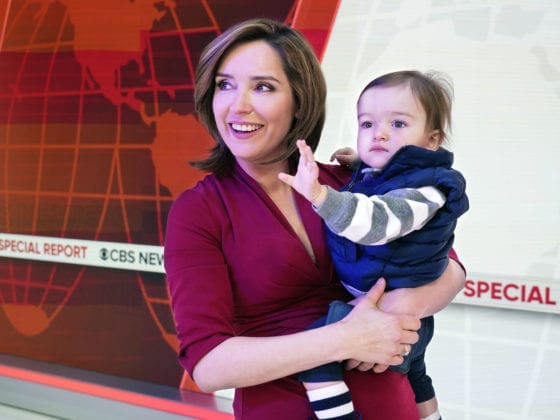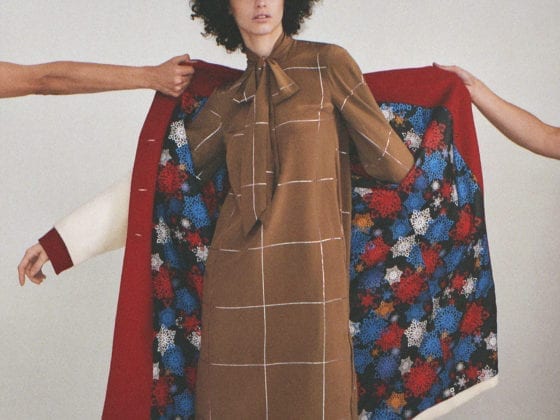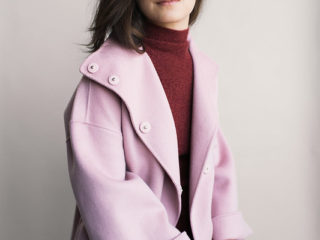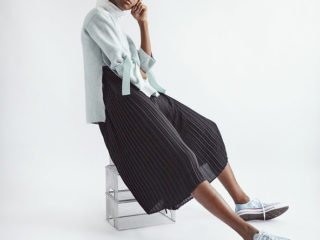I remember the feeling of walking on eggshells.
I became friends with the new girl at work. We were both in our early 20s. We both had unique and difficult family backgrounds. We liked the same music. We laughed a lot. We vibed.
There was an instant connection, but somewhere along the way, something went wrong. I started noticing little red flags. Her praises of me were frequent and to everyone within arm’s reach. She would tell our coworkers that we were best friends, some of whom I had known for years. I had known her for only a month or two. It made me uncomfortable, but I bit my tongue and tried to save face.
In time, the friendship started to feel suffocating. While I enjoyed this friend’s company, somehow, it seemed that I had been placed on a pedestal. She painted a picture of me as the “perfect friend.” It was as though I had been set up high like a trophy on a shelf, and I knew I would fall. And fall, I did.
In less than a year’s time, we would no longer be friends. She shut me out after someone told her that I said negative things about her—which wasn’t true. Yet, even if it was, friends talk about these things. Friends sit in the hard places and look past your rough edges. Friends have hard conversations that push you to grow.
I realize now that this “friendship” fizzled out as quickly as it began because we were never true friends to begin with. Unknowingly, this person had set an invisible bar of friendship. She, like all of us, desired to belong. She also had her share of friendship and relationship hurts. When she met me, she found someone whom she thought she could feel safe with, and inadvertently, she set unspoken expectations that I could never meet. It left me feeling overwhelmed, uneasy and afraid to hurt her feelings.
She found someone who she thought she could feel safe with, and inadvertently, she set unspoken expectations that I could never meet.
I have been on the other side of this scenario before as well—where my own codependency weighed down a friendship. It was my best friend to be exact. I remember at times her describing the feeling of walking on eggshells. She wanted to be the friend I needed, but she wrestled with feeling like she didn’t measure up.
At the time, I couldn’t see what I was doing. This friend who I loved dearly and who meant so much to me, I had placed unfair expectations on. Best friends call each other once a week. Best friends see each other a certain number of times a year. Best friends show up no matter the hour. Best friends always put you first. On and on, my mental laundry list of what a best friendship looked like went.
In hindsight, I see things more clearly. In many ways, I became codependent on that friendship. My identity was wrapped up in being a “good friend” and “somebody’s best friend.” So much so that I lost myself, and I began to look toward a person and a friendship to tell me who I was.
I began to look toward a person and a friendship to tell me who I was.
Codependency can happen in a relationship of any kind—familial, platonic or romantic. Human beings are made to be in relationships. Yet, it can be easy to look to relationships to define us, to tell us we are worthy and to fill the gaping holes in our souls. Relationships were never meant to do this.
It takes a lot of inner work and “man in the mirror” moments to realize the unfair and unspoken expectations we project onto others and the reasons why we do this. Although difficult, it is so worth the work. Asking ourselves the tough questions can catapult our self-awareness and healing from past hurts. It will expose codependency and lead you down a path toward healthy, functional relationships.
Community is beautiful. Brotherhood is vital. Family—whether by genetics or by choice—is the backbone for growth, safety and a sense of belonging. We were made for relationships, but we were never meant to find ourselves in the eyes of someone else.
We were never meant to find ourselves in the eyes of someone else.
Let’s walk arm-in-arm with one another throughout life. Let’s hold friendships and the people we love with open hands. Let’s treat friendship like a gift, not a guarantee. Let’s be interdependent—soaking in each other’s company, wisdom and laughter like a sunny day.
Have you ever struggled with feelings of codependence? How did you identify the expectations you were placing on other person?
Image via Taylor Buters











1 comment
I liked this blog. I can identify with its content. Trying to reinvent myself in new and positive ways especially now during this pandemic.